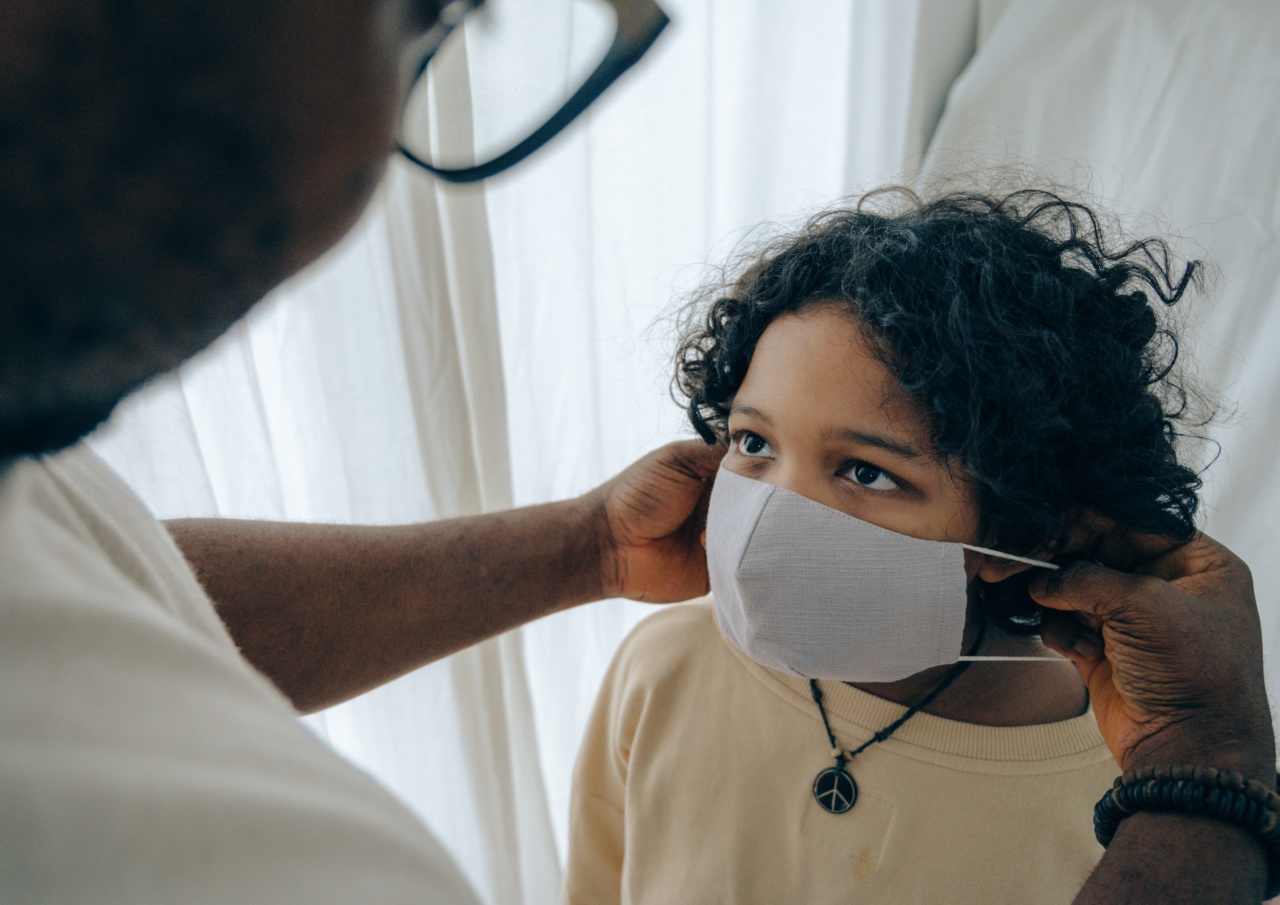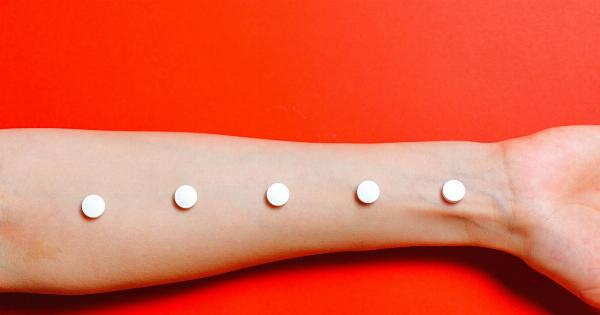Homeopathy is a popular alternative medicine practice that involves the use of highly diluted substances to stimulate the body’s natural healing abilities.
While some adults turn to homeopathy for various medical conditions, there is also a growing interest in its potential benefits for children. In this article, we will explore the concept of homeopathy and its potential effectiveness in treating children’s medical conditions.
Understanding Homeopathy
Homeopathy was developed in the late 18th century by Samuel Hahnemann, a German physician.
It is based on the principle of “like cures like,” which suggests that a substance that causes symptoms in a healthy person can be used in very small amounts to treat similar symptoms in an unhealthy person. Homeopathic remedies are prepared through a process called potentization, which involves serial dilution and succussion (vigorous shaking).
How Homeopathy May Help Children
Proponents of homeopathy believe that it can help stimulate the body’s vital force, or energy, to promote healing.
It is believed that children, with their highly responsive immune systems, may benefit from this gentle and non-invasive form of treatment. Homeopathy aims to address the underlying cause of a condition rather than merely alleviating symptoms.
Common Conditions in Children
Homeopathy is often considered for a wide range of children’s medical conditions, including respiratory disorders, digestive issues, skin problems, behavioral and emotional disturbances, allergies, and more.
Let’s explore some of these conditions and the potential role of homeopathy in their treatment:.
Allergies and Asthma
Allergies and asthma are prevalent among children, and conventional treatment often involves the use of medications to manage symptoms.
Homeopathy offers an alternative approach, aiming to strengthen the immune system and reduce sensitivity to allergens. Common homeopathic remedies for allergies and asthma include Allium cepa, Arsenicum album, and Natrum muriaticum.
Ear Infections
Ear infections are a common occurrence in children and can cause pain, discomfort, and potential hearing problems.
Homeopathy may help reduce the frequency and severity of ear infections by addressing the underlying factors contributing to their occurrence. Remedies like Belladonna, Chamomilla, and Pulsatilla are commonly used in homeopathic treatment for ear infections.
ADHD and Behavioral Issues
Attention-deficit hyperactivity disorder (ADHD) and behavioral issues can significantly affect a child’s development and well-being.
While conventional treatment often involves medication, some parents explore homeopathy as an alternative or complementary approach. Homeopathic remedies like Stramonium, Tuberculinum, and Cina may be prescribed based on individual symptoms and characteristics.
Common Digestive Problems
Many children experience digestive problems such as colic, acid reflux, constipation, and diarrhea. Homeopathy aims to address the underlying imbalances in the digestive system to provide relief.
Remedies like Nux vomica, Chamomilla, and Colocynthis are frequently used in homeopathic treatment for digestive issues in children.
Eczema and Skin Conditions
Eczema and other skin conditions can cause significant discomfort and distress in children. Homeopathy focuses on improving the body’s overall balance and reducing systemic inflammation to alleviate skin symptoms.
Remedies such as Graphites, Sulphur, and Rhus tox are commonly used in homeopathic treatment for eczema and other skin conditions.
Autism Spectrum Disorders
Autism spectrum disorders (ASD) are complex neurodevelopmental conditions that affect communication, social interaction, and behavior. While there is no known cure for ASD, some families choose to explore homeopathy as a supportive treatment option.
Remedies like Stramonium, Carcinosin, and Thuja are among those considered in homeopathic treatment for ASD.
Supportive Care and Individualized Treatment
It’s important to note that homeopathy should not replace traditional medical care in emergency situations or severe medical conditions. However, many families find homeopathy useful as a complementary approach alongside conventional treatment.
Homeopathic treatment is highly individualized, with a focus on the specific symptoms, personality, and overall constitution of the child.
Evidence and Research in Homeopathy for Children
While there is anecdotal evidence supporting the effectiveness of homeopathy in children, scientific research in this field is limited.
The nature of homeopathic remedies, which are highly diluted, poses challenges in conducting clinical trials that adhere to conventional research protocols. However, there have been some studies and reviews indicating potential benefits in certain conditions.
It is important to consult with a qualified homeopathic practitioner and discuss any treatment decisions with the child’s primary healthcare provider.
Considerations and Safety
When considering homeopathy for children, it is crucial to consult a qualified homeopathic practitioner who has expertise in treating pediatric cases.
They will consider the child’s complete medical history, symptoms, and overall health before prescribing any remedies. Homeopathic remedies are generally considered safe, as they are highly diluted, but it is essential to discuss any potential interactions with other medications or treatments.
Conclusion
Homeopathy offers a holistic approach to treating children’s medical conditions, focusing on stimulating the body’s natural healing abilities.
While scientific evidence is limited, many families report positive experiences with homeopathy as a complementary or alternative treatment option. It is vital to approach homeopathy with an open mind, understanding its principles and limitations.
Consulting with a qualified homeopathic practitioner can provide valuable guidance in determining if homeopathy may be suitable for a child’s specific medical condition.































